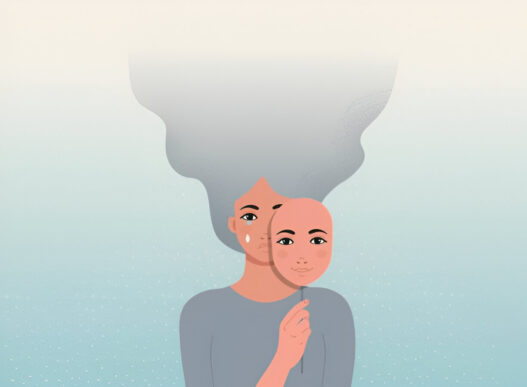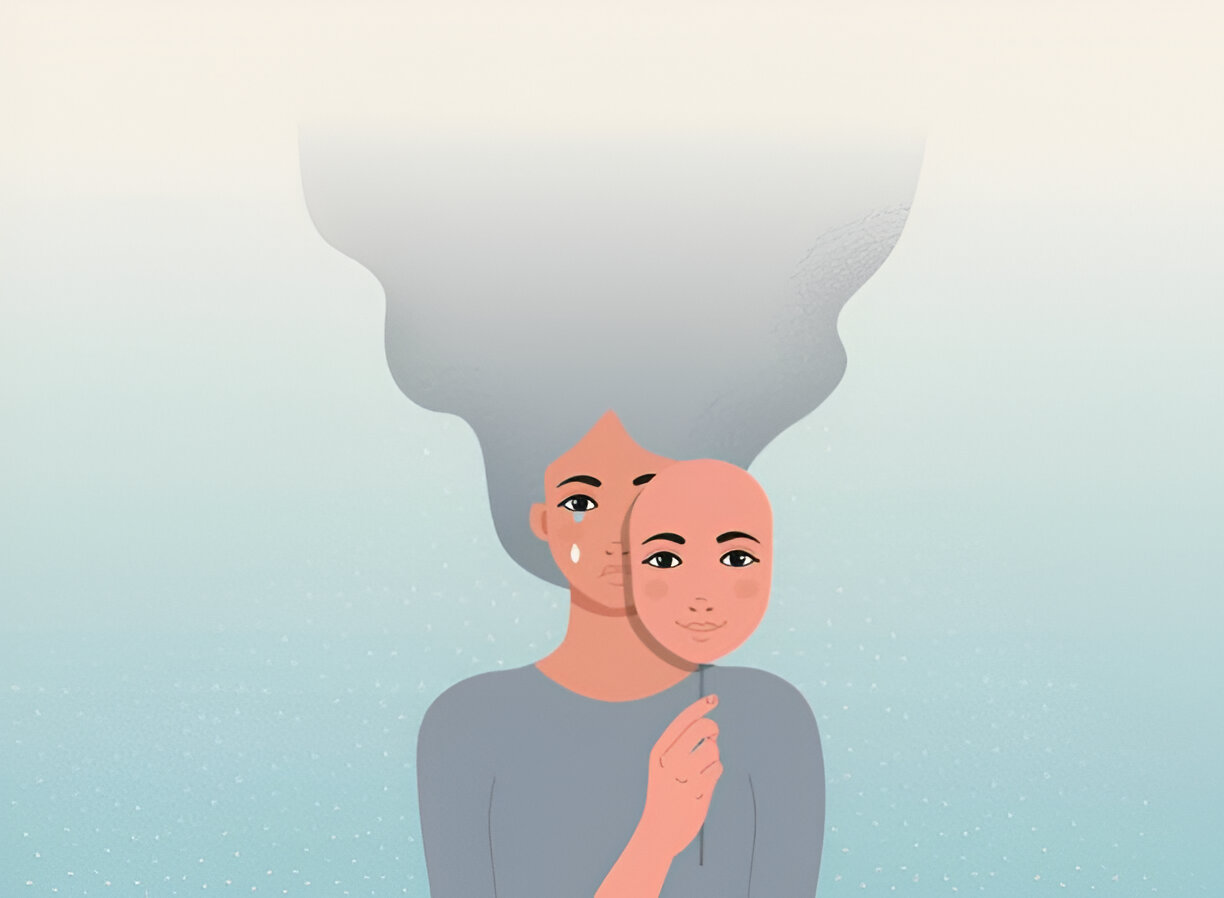Marital rape, or sexual violence within marriage, remains a deeply concerning issue in India, with significant implications for women’s health, rights, and well-being. Despite growing awareness of violence against women, marital rape often remains unaddressed, largely due to legal exemptions and societal norms. This discussion explores the prevalence of sexual violence within marriage, its health consequences, the legal landscape surrounding it, and the need for a more sensitive and effective response from various systems.
The Reality of Sexual Violence within Marriage
Sexual violence within marriage is a pervasive issue, manifesting in various forms, including forced intercourse, reproductive coercion, and other degrading acts. It is a violation of women’s sexual and reproductive health rights, often leading to serious physical and mental health consequences. Forms of violence routinely experienced by women include:
-
Forced sexual intercourse (marital rape)
-
Reproductive coercion (preventing contraception, forcing pregnancies)
-
Inserting objects or body parts into the vagina or anus
-
Withholding sexual pleasure
-
Forcing women to watch pornographic material
The Legal Landscape and the Marital Rape Exemption
While India has made strides in addressing sexual violence through amendments to criminal law, the issue of marital rape remains largely unaddressed. The Indian Penal Code (IPC) exempts forced sexual intercourse by a husband with his wife from the definition of rape. This exemption is based on the outdated notion of “implied and irrevocable consent” within marriage, effectively granting impunity to perpetrators of marital rape. This exemption is problematic because it ignores the established link between sexual violence within marriage and its severe health consequences for women.
Prevalence of Sexual Violence by Intimate Partners
Global estimates indicate that a significant proportion of women worldwide experience intimate partner violence. In India, data from the National Family Health Surveys (NFHS) and the National Crime Records Bureau (NCRB) provide insights into the prevalence of violence against women. However, NCRB data often underreports marital rape due to the legal exemption and the stigma associated with reporting such incidents. Studies show that:
-
A large proportion of women seeking support for domestic violence report experiencing sexual violence from their husbands.
-
Many women experience forms of sexual violence beyond forced intercourse, including reproductive coercion and other degrading acts.
-
The reported prevalence of sexual violence by intimate partners varies widely across studies, with some surveys indicating that a significant percentage of men have forced their wives into sex.
-
Sexual violence by husbands is also reported during pregnancy, which increases the risk of perinatal and neonatal mortality.
Health Consequences of Sexual Violence in Marriage
Marital rape has severe physical, sexual, reproductive, and psychological health consequences for women. These include:
-
Increased risk of sexually transmitted infections (STIs) and HIV/AIDS.
-
Reproductive health problems, such as miscarriages, pelvic inflammatory diseases (PIDs), and poor access to prenatal care.
-
Mental health issues, such as stress, anxiety, depression, and suicidal thoughts.
-
Physical injuries, including vaginal and anal injuries, bruises, and bite marks.
The Role of the Health System
The health system plays a critical role in identifying and responding to sexual violence within marriage. Healthcare providers, particularly those in public hospitals, can:
-
Recognize the health consequences of marital rape.
-
Create an empathetic environment for disclosure.
-
Provide treatment and support to survivors.
-
Document incidents of violence and collect evidence.
-
Refer survivors to support services.
However, many health facilities lack adequate training and protocols to respond sensitively to cases of sexual violence, highlighting the need for capacity building and implementation of standard operating procedures.
The Inadequate Response of the Police
The police response to marital rape is often inadequate, influenced by societal norms and the legal exemption. Women who report marital rape often face:
-
Delays in registering complaints.
-
Trivialization of their experiences.
-
Lack of awareness among police personnel about the amended laws.
-
Failure to recognize marital rape as a crime.
This inadequate response highlights the need for sensitization and training of police personnel to ensure they respond effectively to cases of marital rape.
Key Legal and Ethical Concerns
-
Violation of Fundamental Rights: The marital rape exemption contradicts the Constitution of India, violating a woman’s fundamental right to life with dignity (Article 21).
-
Contradiction with PWDVA: The exception to Section 375 of the IPC contradicts the Protection of Women from Domestic Violence Act (PWDVA), 2005, which recognizes spousal sexual violence as a form of domestic violence.
-
Need for Criminalization: The lack of criminalization of marital rape perpetuates impunity and fails to recognize the severity of the crime.
-
International Standards: International criminal law recognizes rape within marriage as a crime, and several countries have amended national laws to align with these standards.
The Path Forward
-
Criminalization of Marital Rape: Recognizing marital rape as an offense is crucial to ensure that the police and other law enforcement agencies are mandated to respond effectively.
-
Sensitization of the Health System: Healthcare providers need to be trained to identify and respond sensitively to cases of sexual violence, providing treatment, support, and documentation.
-
Training of Police: Police personnel need to be educated on the legal provisions and the importance of responding to marital rape with sensitivity and empathy.
-
Policy and Institutional Support: Policy changes and resource allocation are necessary to create an environment where marital rape is recognized as a crime and survivors receive the necessary support.
Key Takeaways
Marital rape is a pervasive form of sexual violence in India, with severe health consequences for women. The legal exemption for marital rape is problematic, violating women’s fundamental rights and perpetuating impunity. The health system and police have critical roles to play in addressing this issue, and there is a pressing need for legal reforms to criminalize marital rape and ensure that survivors receive the care and justice they deserve.




